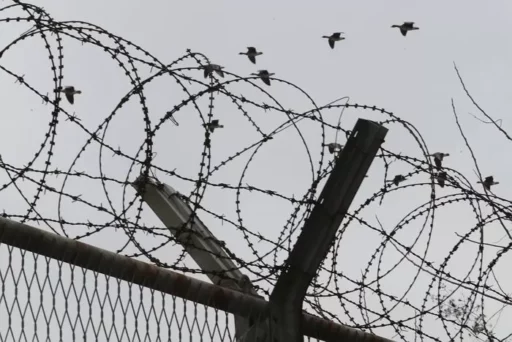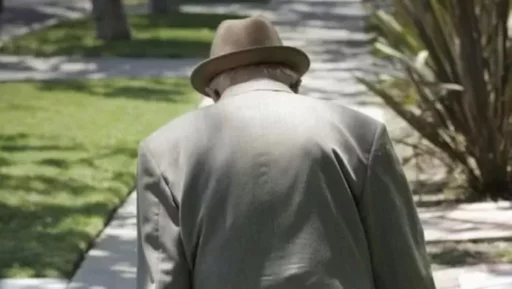What are the Reasons Behind the Conservative Shift Among Men in Their 20s?
The MBC current affairs program 'Straight' conducted an in-depth analysis on the theme "Further Deepening 'Conservatism'… Why Are Men in Their 20s?" on the 22nd, exploring the conservative shift among men in their 20s that was revealed in the recent presidential election.
The program delved into why the overwhelming majority of men in their 20s opted for conservative candidates in this election, where public sentiment was largely in favor of impeachment.
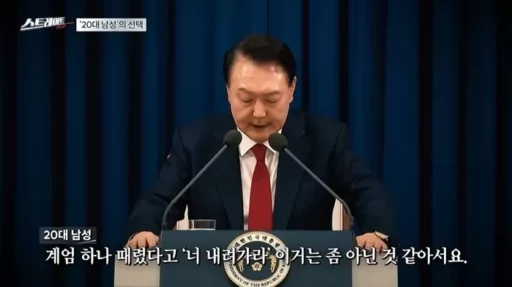
During the broadcast, a man in his 20s expressed, "I think it’s a bit unreasonable to say 'you should resign' just because of one military coup." In contrast, a woman of the same age stated, "A party that has faced impeachment twice should be disbanded," reflecting opposing views.
According to exit poll results from terrestrial broadcasters, the political leanings of men and women in their 20s sharply diverged in this presidential election.
Over 74% of men in their 20s supported the reformist candidate Lee Jun-seok and Kim Moon-soo from the People Power Party, both of whom have conservative leanings. In contrast, 64% of women in their 20s voted for progressive candidates such as Lee Jae-myung from the Democratic Party and Kwon Young-guk from the Democratic Labor Party.
Significant Differences in Political Orientation by Gender
In interviews published by the media, most men in their 20s expressed concern about a job market where quality job opportunities have drastically decreased compared to their parents' generation, compounded by the obligation to fulfill military service under such circumstances.
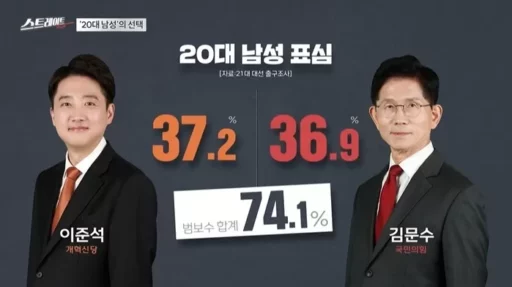
One man remarked, "I think I felt relative deprivation (during the Moon Jae-in administration). So, who speaks for us?" He added, "The People Power Party has an image of being a 'men's party' that is deeply ingrained among my friends."
Professor Jeon Sang-jin from Sogang University’s Department of Sociology diagnosed that "the sense of victimization may become significantly stronger in an already precarious situation."
The media argues that in this context, the culture of communicating with peers who share similar thoughts on social media and anonymous communities has rapidly disseminated this sentiment.
Some experts expressed concern that such perceptions could be based on narrow or distorted interpretations of reality.
A study found that 33% of men in their 20s exhibit far-right tendencies, while the figure for women in their 20s is about 22%, indicating that men are displaying far-right views over 10% more than women.
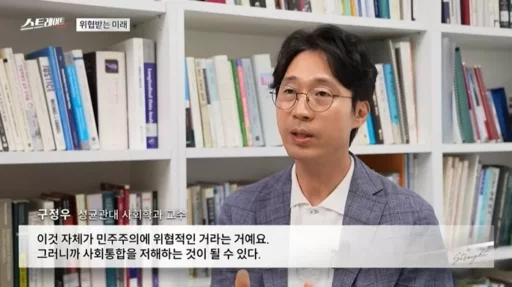
Additionally, the broadcast pointed out that the political forces' strategy of 'divide and conquer' provides a backdrop that intensifies and exploits the grievances of the youth, further increasing the risks.
The media stated that to prevent the conservative men in their 20s from becoming far-right, it is essential to first listen to their claims and engage in serious public discourse and debate to narrow the differences in perspectives.
Above all, there are gloomy forecasts that, unless the political sphere abandons the 'divide and conquer' politics that stoke conflicts between genders, our future may inevitably be engulfed in conflicts, animosities, and hatred.
Professor Gu Jung-woo from Sungkyunkwan University emphasized, "A rational and reasonable political force should not divide men and women. Claiming 'my support base is young males' or 'my support base is young females' in itself poses a threat to democracy. It can hinder social integration."
Image source: MBC 'Investigative Program Straight'
